Lawsuit alleges CAW wagering violates racketeering law
A new federal class-action lawsuit is taking aim at some of the most powerful entities in U.S. horse racing, accusing them of colluding to give high-tech betting insiders an unfair edge over everyday bettors.
Filed Oct. 24, 2025, in the U.S. District Court for the Eastern District of New York, Ryan Dickey v. Stronach et al. names racetrack owners The Stronach Group, Churchill Downs Inc., and the New York Racing Association as defendants, along with United Tote Company, Racing and Gaming Services, and two computer-assisted wagering (CAW) platforms—Elite Turf Club LLC and Velocity—affiliated with the tracks.
According to the complaint, these entities participated in “a rigged system” that uses computer algorithms, artificial intelligence, and preferential access to manipulate wagering pools and siphon billions of dollars from retail bettors to a small circle of insiders. The suit, filed by Hagens Berman Sobol Shapiro LLP, alleges violations of the Racketeer Influenced and Corrupt Organizations Act (RICO), as well as claims of unjust enrichment, conspiracy, and conversion.
A “Reverse Robin Hood” Scheme
Hagens Berman managing partner Steve Berman described the alleged conduct as “a modern reverse-Robinhood scenario,” claiming that racetrack operators and favored betting groups are “stealing from average public retail bettors and giving to the already rich.”
The lawsuit argues that technological advances have transformed pari-mutuel wagering into a system dominated by data-driven players with exclusive access and privileges. These CAW groups use sophisticated algorithms to scan odds and place massive, rapid-fire wagers through direct connections to betting pools.
In contrast, traditional bettors must go through slower online interfaces, often facing worse odds by the time their bets are processed. The complaint claims that insiders receive substantial rebates and reduced host fees that ordinary players cannot access, allowing them to profit from razor-thin margins that would bankrupt retail bettors using identical strategies.
LISTEN TO THE LATEST OFF TO THE RACES RADIO!
Advantages for the Few
The alleged insider advantages extend beyond pricing. The suit says CAW groups can see and act on pool information in real time, influence odds late in the wagering cycle, hedge across pools, and manage risk at a scale impossible for retail participants.
All of this enables CAW players to enjoy cheaper prices, faster execution, better information, and scale, the lawsuit alleges. That means, in essence, they are playing a different game from that played by ordinary bettors.
The complaint cites an article from The Guardian to set the tone: “Cash-strapped racetracks are selling out everyday bettors to whales who use algorithms to wager huge sums at friendlier odds. It’s a rigged system designed for the rich to get richer.”
Allegations of Racketeering
Labeling the alleged conduct “racetrack racketeering,” the complaint invokes RICO — the same federal statute used in prosecuting organized crime figures. Hagens Berman asserts that the defendants “conducted an enterprise” aimed at enriching themselves and their preferred betting partners at the expense of the public.
“Racketeering historically means basement meetings and mob boss meetings,” Berman said. “Modern iterations operate digitally but still have the same effect: a colluded pattern of activity that manipulates and corrupts outcomes of an otherwise legitimate economic environment.”
The plaintiffs are seeking compensatory and treble damages as allowed under RICO, as well as restitution for what they allege are widespread economic losses suffered by retail bettors in CAW-impacted wagering pools.
Billions at Stake
The lawsuit estimates that nearly $4 billion in annual wagering is affected by these practices, and contends that “in many cases, given their preferential advantages, these inside bettors enjoy no-risk, no-loss ‘wagering’ opportunities.”
Hagens Berman’s legal team says it will rely on forensic accountants to trace financial flows and quantify damages, aiming to “rightfully recover the losses suffered by those in this proposed class.”
If certified, the class could include anyone who placed bets in U.S. pari-mutuel pools influenced by CAW activity without the benefit of a CAW account.
The defendants have not yet publicly responded to the allegations.
LATEST NEWS


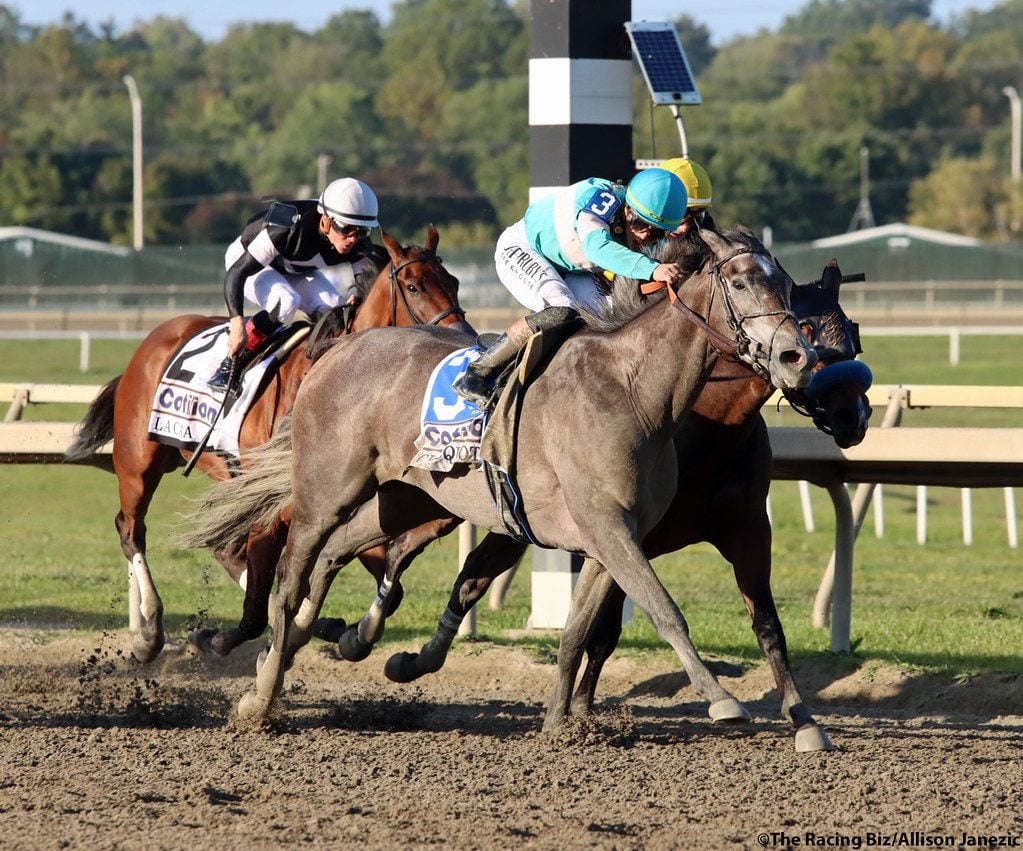

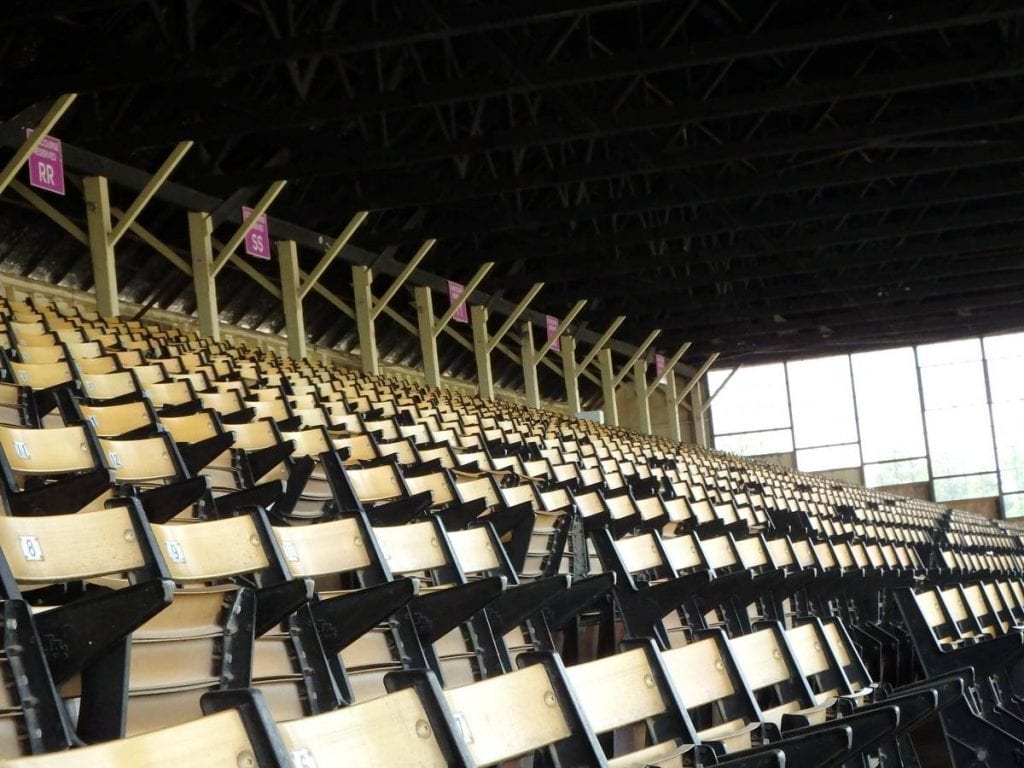

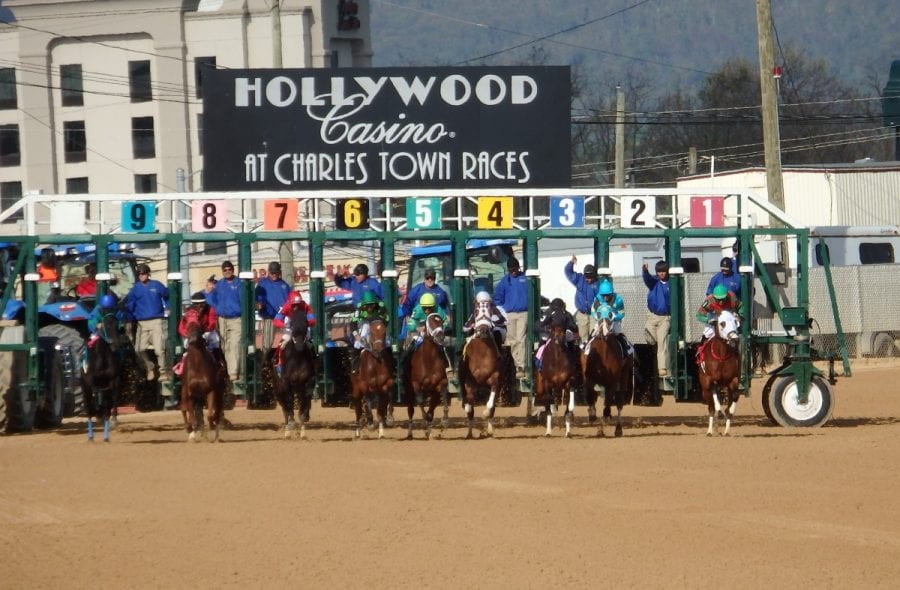
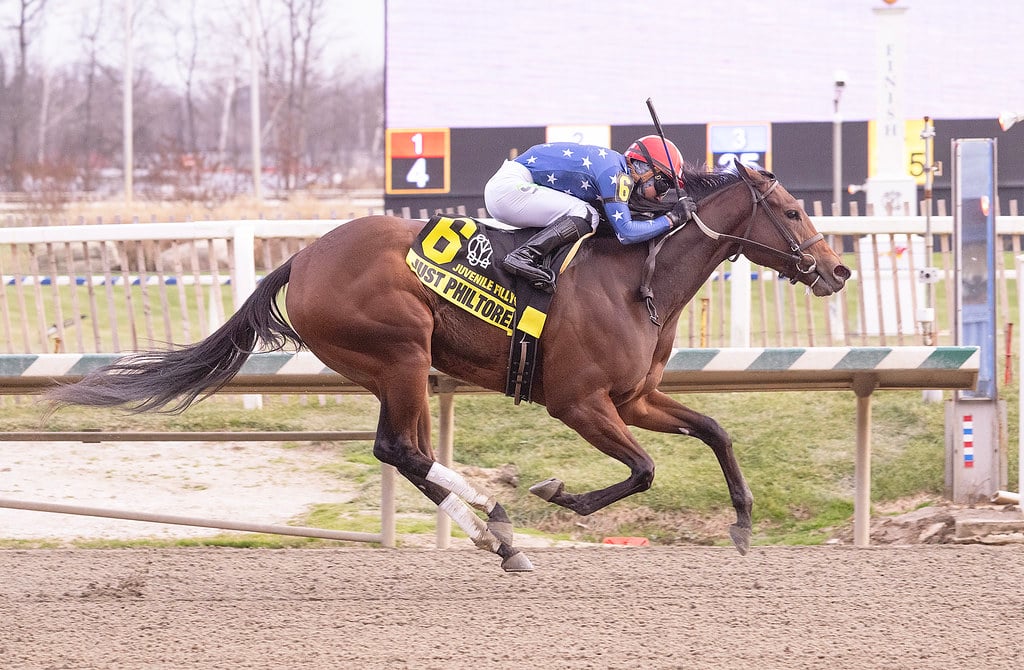
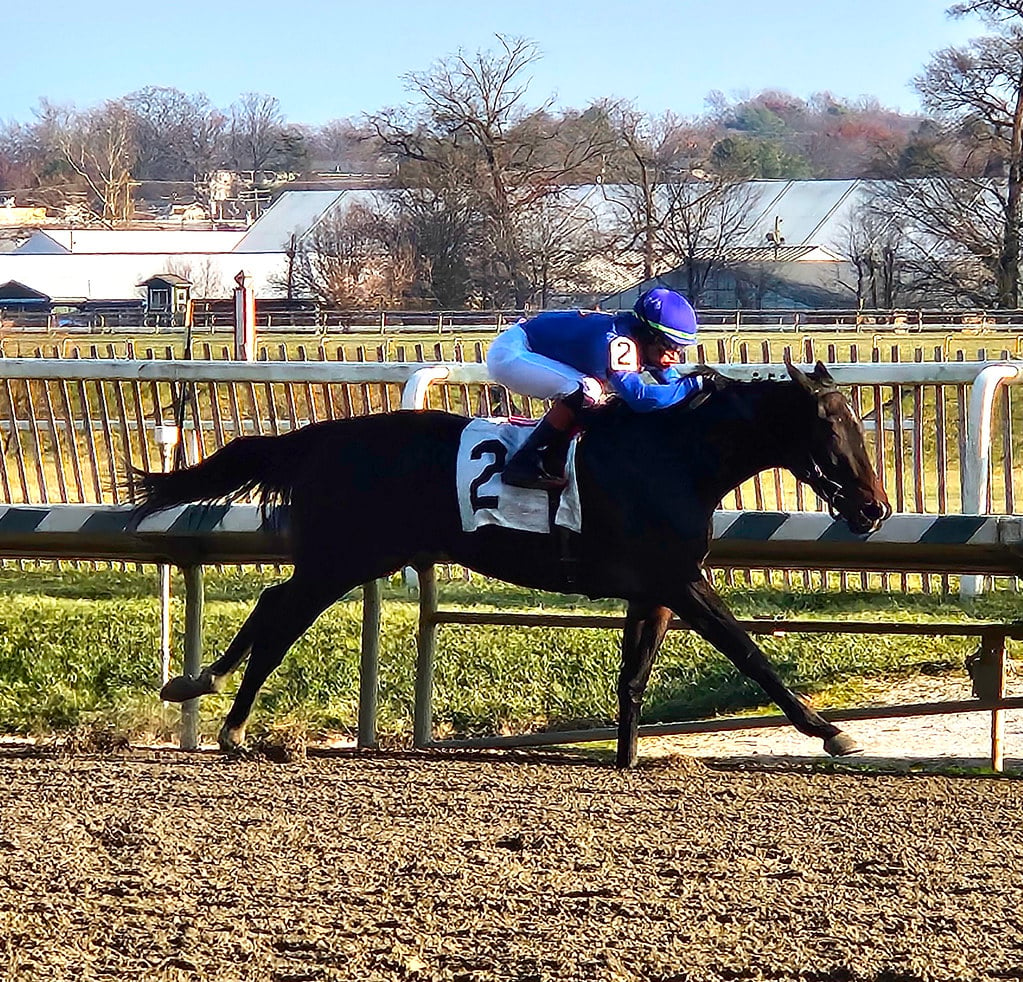
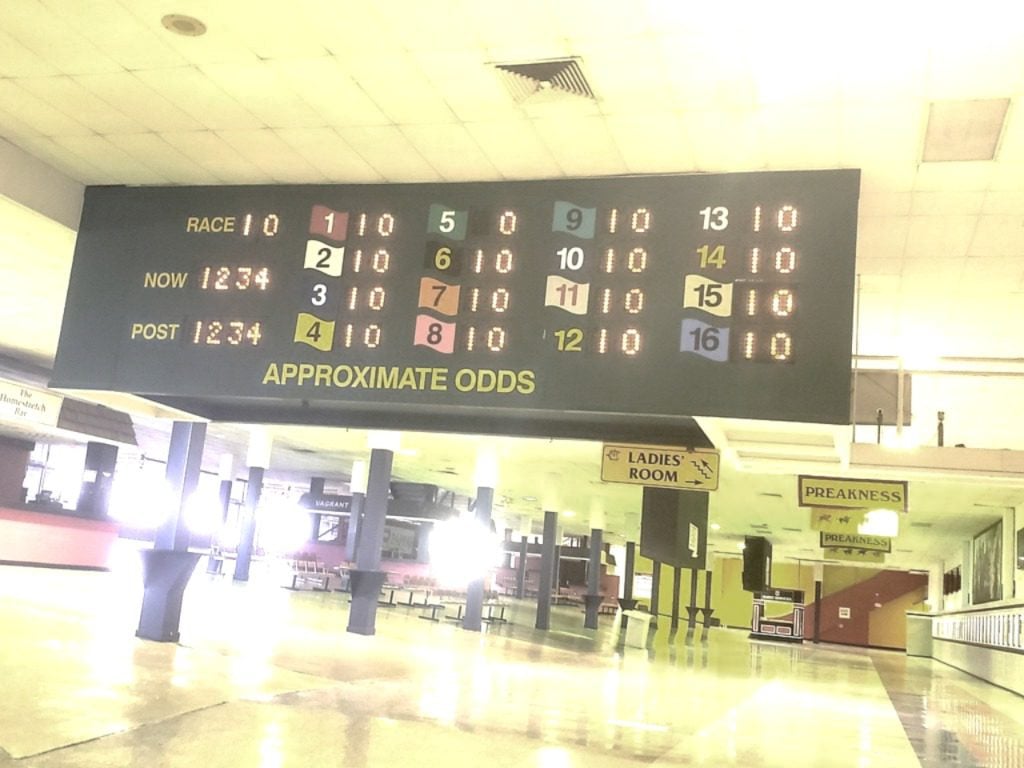



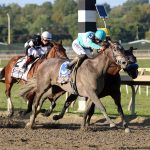


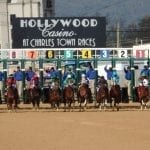


Andy Flacks
29th Oct 2025How can one join the class action?
The Biz
29th Oct 2025I’d suggest going to the law firm’s website. I believe they have a method to contact them about this case there.